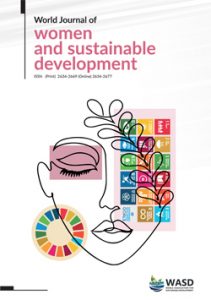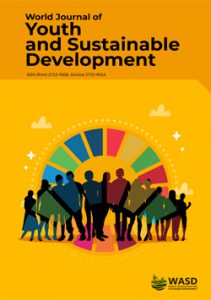Overview
The World Association for Sustainable Development (WASD), together with its partners, the Middle Eastern Knowledge Economy Institute (MEKEI) and Sudan Knowledge (SK) organise regular series of Global Minds Debates. These regional one day roundtables started in 2017 and become an integral and important part of WASD preparations for its International Annual Conferences.
The aim of these series of Global Minds Debates is to stimulate and excite people from across the world about the current important topics around the world and particularly the topics selected for our annual conferences. WASD has been very keen, particularly during the global lockdown from the Coronavirus pandemic, to share theses debates with its global audience live on WASD Facebook page using various live streaming applications.
Participants
Each roundtable debate is different ranging from 2-5 international experts talking live for about 45mins to 3hr max, no slides but rather global minds conversation. We very much appreciate the very busy schedule of our distinguished speakers and panellists, but we have always attempted to nominate the best experts in the world in their fields. A full list of distinguished speakers and panellists who have participated at WASD roundtable debates in the past include:
We hope all these roundtables will be watched by many people across the globe and they will be an excellent resources for your academic and professional activities.
Location
London, Greater London, England, United Kingdom
Team
The roundtable debates are organised by several committees from WASD and under close supervision of WASD Advisory Board.
- Prof. Allam Ahmed: Co-Chair and President WASD
- Janet Snow: International Coordinator and Editor
- Mervyn Clingan: Video Production
- Souheil Zaied: Graphic Designer
- Kumar Gaurav: Webmaster


